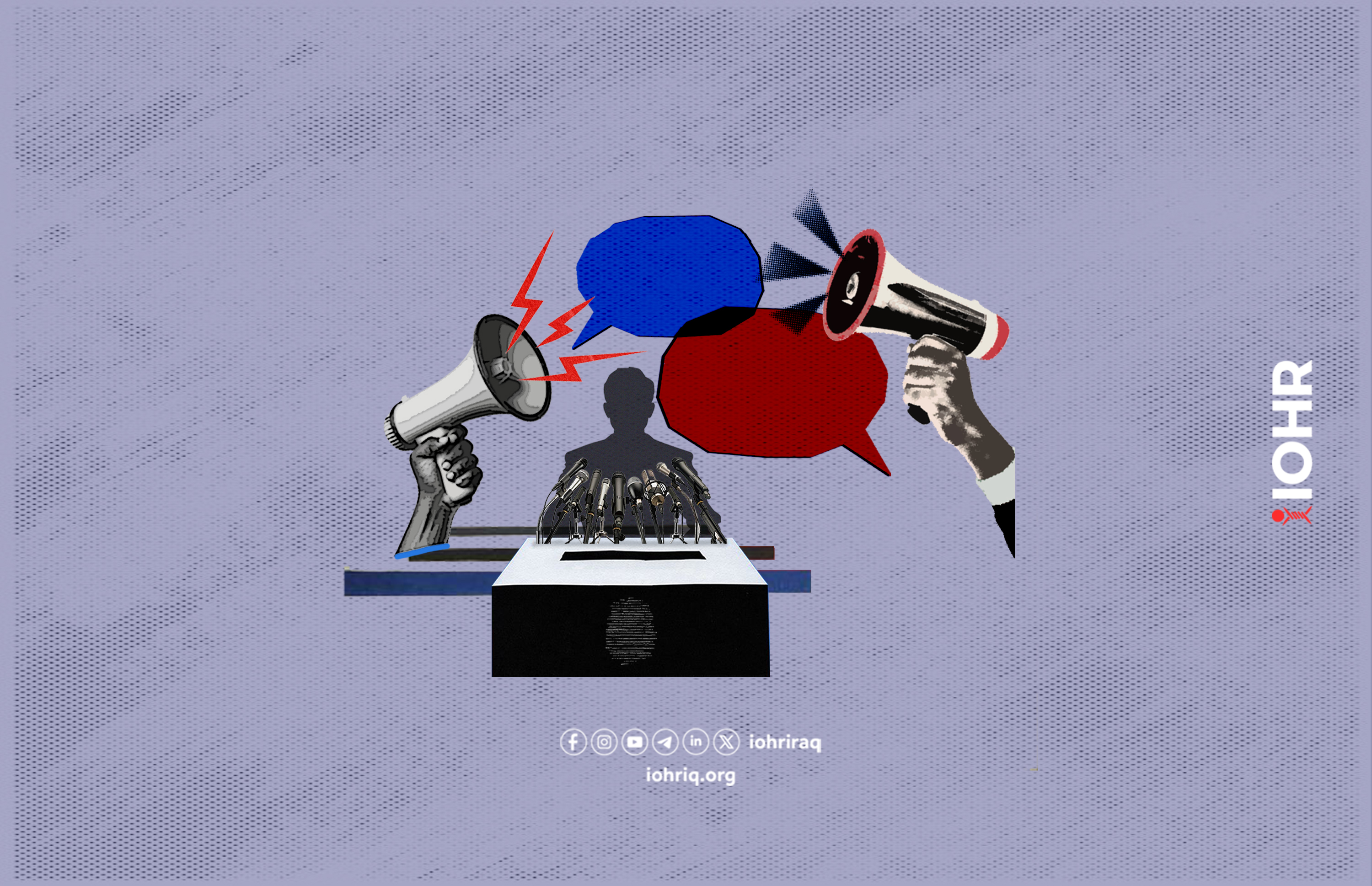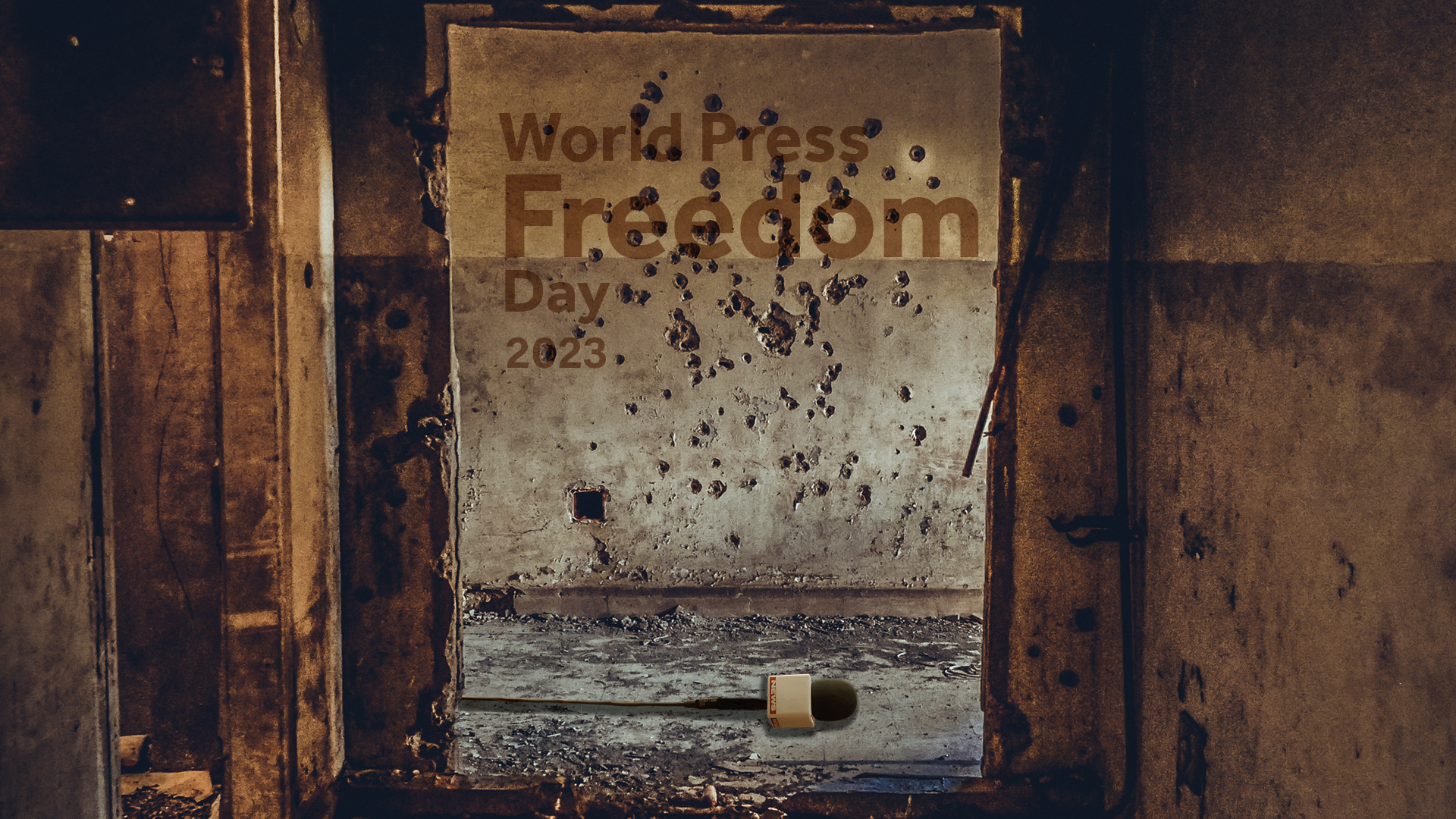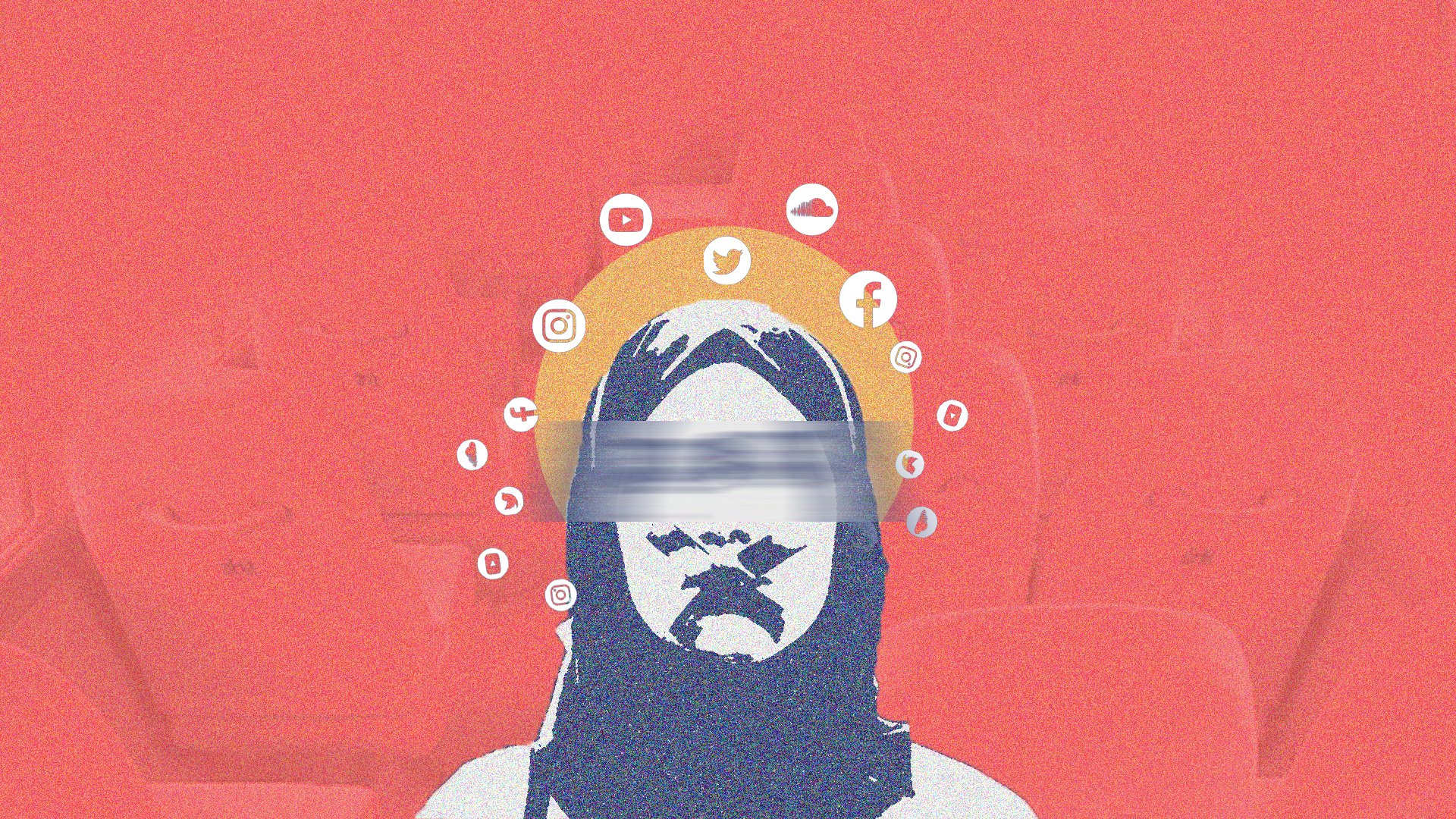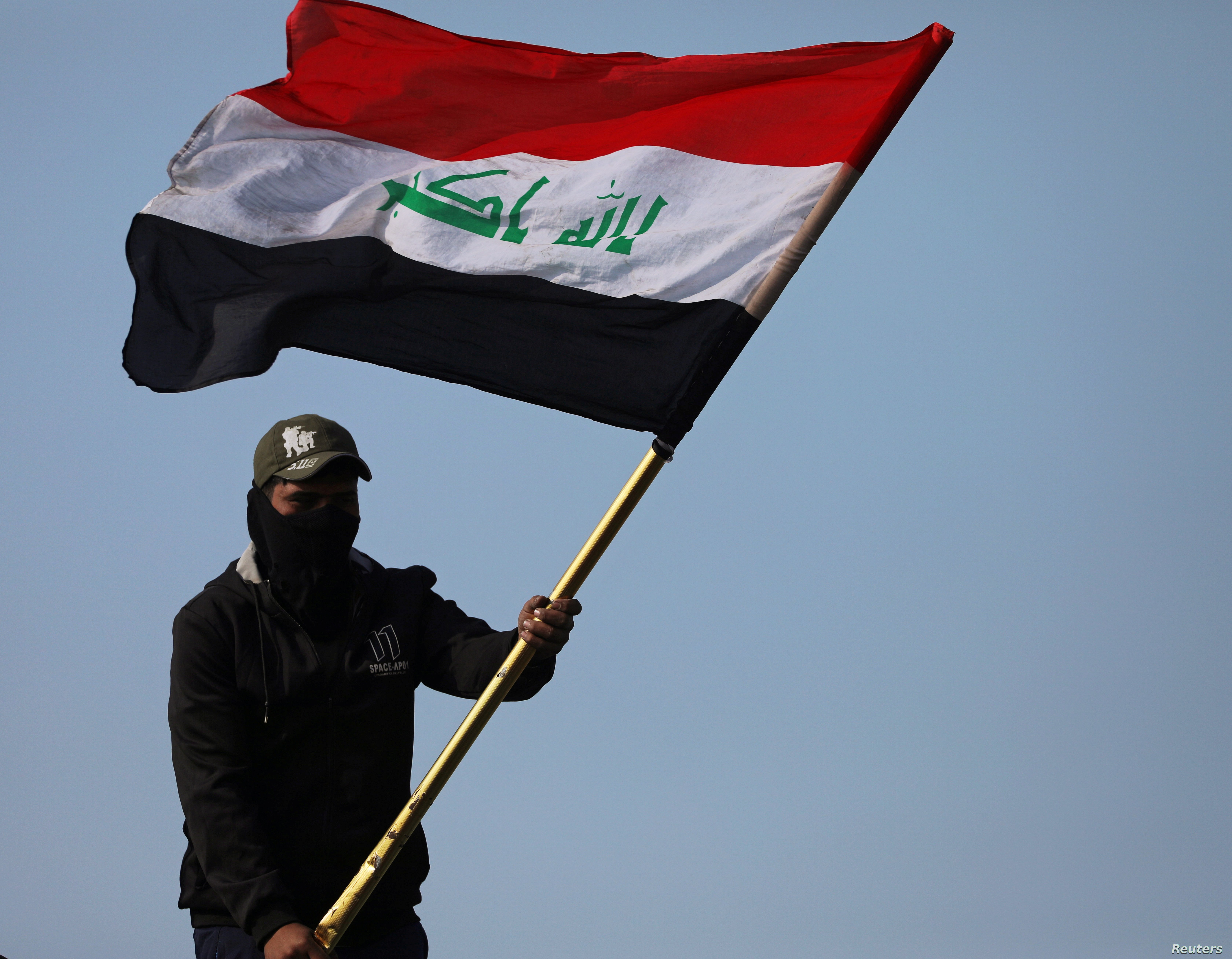JUNE 1, 2025
In the lead-up to Iraq’s 2025 parliamentary elections, the Iraqi Observatory for Human Rights (IOHR) has observed a troubling rise in divisive identity-based rhetoric across the country. This recurring trend, often accompanying electoral cycles, has taken a sharper turn this year, drawing in bloggers, influencers, and media figures who now actively amplify political messages that threaten Iraq’s fragile social fabric.
Findings from the Asber Center for Information Auditors, a platform operating under the umbrella of IOHR, point to a significant shift: exclusionary rhetoric is no longer confined to extremist fringes or obscure online accounts. It is now seeping into unofficial campaign materials, political messaging, and even mainstream media programming.
Asber’s monitoring reveals a growing tendency among candidates and political actors to rely on subnational identities—sectarian, ethnic, religious, and regional—as mobilization tools. Instead of presenting policy platforms or competing on service delivery and governance, some campaigns have resorted to inflaming historic grievances and invoking identity-based allegiances, undermining the spirit of democratic competition.
Social media platforms have become key battlegrounds for this divisive discourse. Asber identified coordinated activity by numerous accounts—including fake and anonymous ones—circulating content that incites hostility toward specific groups based on sect, ethnicity, or region. This content is often misleading or stripped of context and is strategically designed to deepen mistrust and social polarization, framing the “other” as a threat to be feared or excluded.
Some media outlets have also contributed to the spread of extreme nationalist narratives. Rather than facilitating informed debate, they have recycled harmful stereotypes and magnified tensions, particularly in coverage related to Iraq’s Kurdistan Region or regional diplomacy. Kurdish identity, Arab nationalism, and geographic affiliations—whether southern or western—are increasingly weaponized to fragment society rather than to unify it.
Asber also noted a spike in political rhetoric anchored in the notion of “collective victimhood,” deployed not to advocate for justice, but to reinforce exclusionary electoral strategies. These narratives, often cloaked in historic grievances, are manipulated to provoke division rather than advance inclusive dialogue or national reconciliation.
Another concern is the emergence of new candidates who sidestep programmatic engagement, instead marketing themselves as guardians of “the component,” “the region,” or “a persecuted history.” These figures offer no accountability for their past roles or meaningful solutions for Iraq’s shared challenges, further eroding public trust in democratic processes.
This escalation is unfolding in a vacuum of regulatory safeguards. Iraq currently lacks enforceable codes of electoral conduct that prohibit identity-based incitement.د
The Independent High Electoral Commission (IHEC) has yet to announce clear measures to curb hate speech in campaigns. On the other hand, Communications and Media Commission has so far limited itself to passive observation, without sanctioning violators who propagate division.
Asber Center warns that allowing such rhetoric to proliferate unchecked poses a direct threat to Iraq’s national unity and stability. It risks reviving the toxic polarization of previous eras—divisions that Iraqis have already paid for with profound social and human costs.
The IOHR calls on electoral authorities, especially the Independent High Electoral Commission and the Communications and Media Commission, to assume a more proactive role in monitoring and regulating campaign content.
Media institutions must adhere to professional ethics and reject narratives rooted in exclusion. Civil society actors must also expand efforts to counter hate speech. Pluralism should be encouraged by all parties, not only as a democratic value but as a cornerstone of lasting peace and social cohesion in Iraq.




